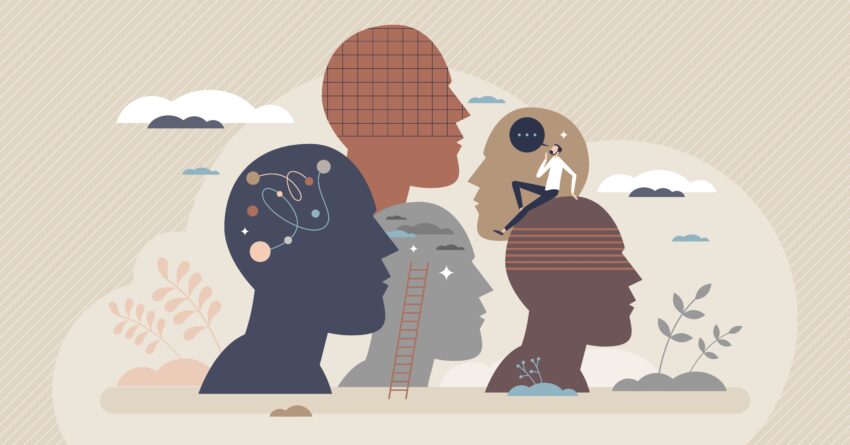Mindful Healing: Incorporating Meditation into Your Therapeutic Journey
February 13, 2024

When it comes to our overall well-being, it is essential to approach healing in a holistic manner. While traditional therapeutic techniques have their place, incorporating meditation into the therapeutic journey can prove to be a powerful tool for emotional well-being, stress reduction, and fostering resilience. In this blog post, we will explore the integration of meditation into the therapeutic journey, highlighting its impact on individuals seeking healing.
1. Understanding Meditation:
Before delving into the integration of meditation into therapy, let us first understand what meditation entails. Meditation is a practice that involves training the mind to focus and redirect thoughts. By cultivating mindfulness and awareness, individuals can observe their thoughts without judgment and gain a clearer perspective on their emotions. This practice has been used for centuries to promote inner peace, balance, and self-discovery.
2. Emotional Well-being:
One of the primary benefits of incorporating meditation into the therapeutic journey is its impact on emotional well-being. The practice of meditation allows individuals to develop a deeper understanding of their emotions and how they manifest in their everyday lives. Through regular meditation sessions, individuals can explore their emotions without getting overwhelmed, leading to greater self-compassion and self-awareness. This, in turn, can foster emotional healing and a sense of inner calm.
3. Stress Reduction:
In today’s fast-paced and demanding world, stress has become a significant factor in our emotional and physical well-being. Incorporating meditation into therapy can be highly effective in reducing stress levels and managing its impact on daily life. Regular meditation practice has been shown to decrease the production of stress hormones, such as cortisol, and activate the relaxation response in the body. By cultivating a calm and composed mindset through meditation, individuals can build resilience and cope with stressful situations more effectively.
4. Fostering Resilience:
Resilience is the ability to bounce back from adversity and overcome challenging life experiences. Integrating meditation into the therapeutic journey can play a crucial role in fostering resilience in individuals seeking healing. Through meditation, individuals learn to cultivate a sense of inner strength and develop coping skills that enable them to navigate difficult emotions and situations. By building resilience, individuals become better equipped to face life’s challenges, allowing for a more balanced and fulfilling therapeutic journey.
5. Mind-Body Connection:
Another significant aspect of integrating meditation into therapy is its impact on the mind-body connection. Engaging in regular meditation practice helps quiet the mind and allows individuals to tune in to their physical sensations. This heightened awareness of the body can aid in unearthing stored trauma or suppressed emotions, facilitating the healing process. By bridging the gap between the mind and body, meditation allows for a more integrated and holistic approach to therapy.
6. Cultivating Mindfulness:
At the heart of meditation lies mindfulness – the ability to be fully present and engaged in the current moment. Mindfulness is a skill that can be developed through meditation and has numerous benefits in the therapeutic journey. By practicing mindfulness, individuals learn to let go of negative thought patterns, reduce rumination, and cultivate gratitude and acceptance. This mindful approach to therapy can enhance the effectiveness of other therapeutic techniques and lead to long-lasting healing.
Summary
Incorporating meditation into the therapeutic journey offers a wealth of benefits for individuals seeking healing. By embracing this practice, individuals can enhance their emotional well-being, reduce stress, foster resilience, cultivate the mind-body connection, and cultivate mindfulness. Whether used as a stand-alone practice or as a complementary tool alongside traditional therapeutic techniques, meditation has the power to transform the therapeutic journey and lead individuals on a path to holistic healing.



